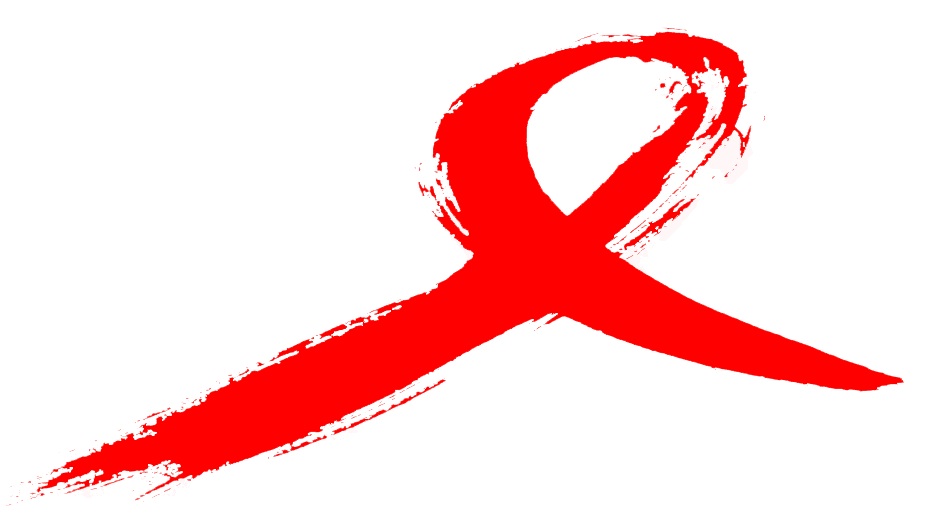 AIDS (acquired immune deficiency syndrome) is the final stage of HIV, which causes severe damage to the immune system.
AIDS (acquired immune deficiency syndrome) is the final stage of HIV, which causes severe damage to the immune system.
Causes and Risk Factors
Human immunodeficiency virus (HIV) causes AIDS. This virus attacks the immune system and leaves the body vulnerable to a variety of life-threatening infections and cancers.
People with AIDS can easily succumb to common bacteria, yeast, parasites, and viruses that usually do not cause serious disease in people with healthy immune systems. HIV has been found in saliva, tears, nervous system tissue and spinal fluid, blood, semen (including pre-seminal fluid, which is the liquid that comes out before ejaculation), vaginal fluid, and breast milk. However, only blood, semen, vaginal secretions, and breast milk have actually transmitted infection to others.
The virus can be transmitted through:
- Sexual contact — including oral, vaginal, and anal sex
- Blood — via blood transfusions (which is extremely rare in the U.S. now) or needle sharing
- From mother to child — a pregnant woman can transmit the virus to her child through their shared blood circulation, or a nursing mother can transmit it to her baby in her breast milk
HIV infection is NOT spread by:
- Casual contact such as hugging
- Mosquitoes
- Participation in sports
- Touching items that were touched by a person infected with the virus
Symptoms
AIDS begins with HIV infection. Some people who are infected with HIV may have no symptoms for 10or more years, but they can still transmit the infection to others during this symptom-free period. If the infection is not detected and treated, the immune system will gradually weaken and AIDS will develop. Almost all people infected with HIV, if left untreated, will develop AIDS. There is a small group of people who develop AIDS very slowly or not at all.
The symptoms of AIDS are mainly the result of infections that do not normally develop in people with a healthy immune system. These are called opportunistic infections.
People with AIDS have damaged immune systems and are very susceptible to these opportunistic infections. Common symptoms are:
- Chills
- Fever
- Sweats (particularly at night)
- Swollen lymph glands
- Weakness
- Weight loss
Treatment
There is no known cure for AIDS. However, there are a variety of treatments that can help keep symptoms at bay and improve the quality of life for those who have already developed symptoms.
Antiretroviral therapy suppresses the replication of the HIV virus in the body. A combination of several antiretroviral drugs, called highly active antiretroviral therapy (HAART), has been very effective in reducing the number of HIV particles in the bloodstream. Preventing the virus from replicating can help the immune system recover from the HIV infection.
Famous African-Americans Who Have Suffered From AIDS
- Eric Wright (Better known by his rap name, Eazy E)
- Alvin Ailey (Dancer and choreographer)
- Arthur Ashe (Tennis player)
- Franklyn Seales (Actor)
- Gene Anthony Ray (Actor and dancer)
- Howard Rollins (Actor)
- Jermaine Stewart (Singer)
- Kenny Green (Singer and songwriter)
- Max Robinson (TV news anchor)
- Sylvester (Singer)
To learn more about AIDS, please visit www.aidsfund.org





